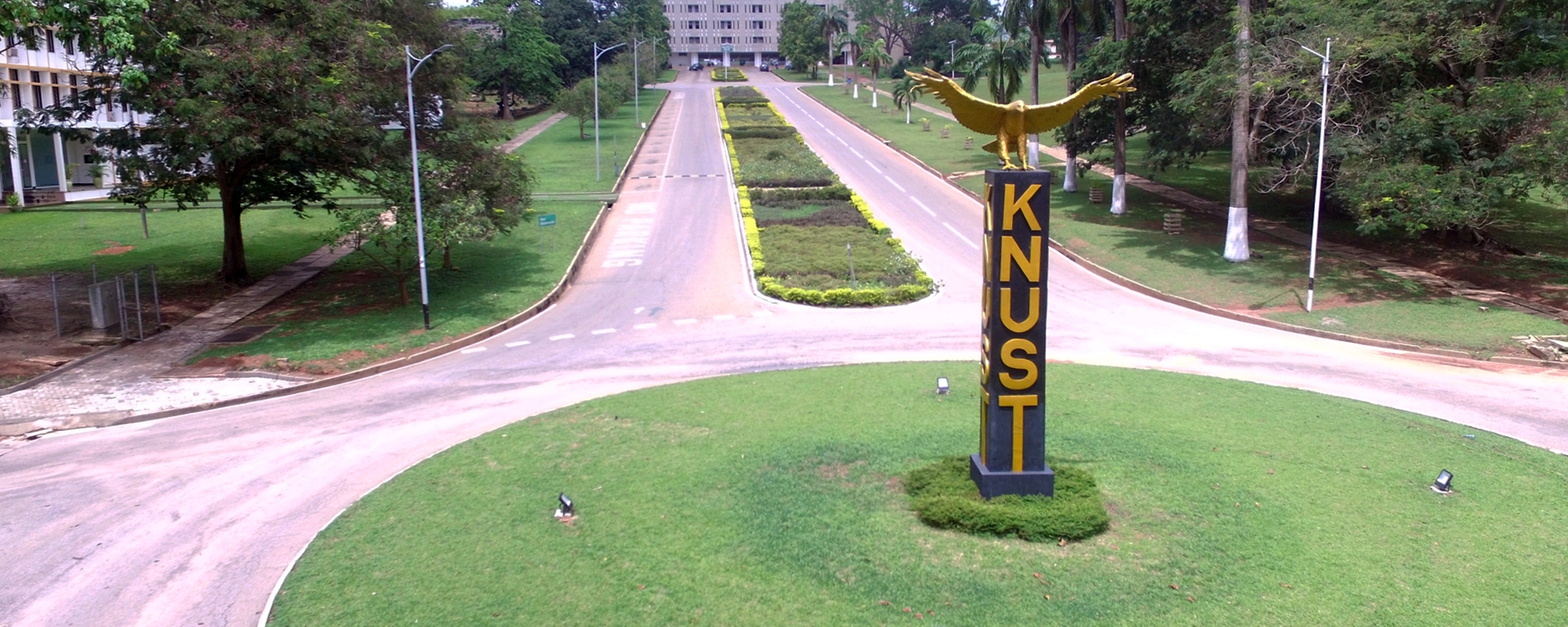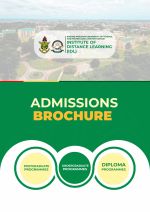Overview
The need for well-trained applied statisticians is ever increasing, enhanced by the scientific revolution in applied research and its impact on health and the environment. The M.Sc. Applied Statistics programme has a solid study of principles of applications with up-to-date information on topics such as Medical statistics, Operations Research, Longitudinal Data Analysis, Applied Time Series, Data and Survey Methodology etc.
The 15 month programme is designed for graduates who have professional interest in the use of statistics in everyday life. It is aimed at training candidates to solve real-world statistical problems. On completion of the course, candidates should be able to choose appropriate statistical techniques to solve a given problem of data analysis and communicate their results clearly and concisely. The programme aims to equipping participants with computational skills to undertake thorough analysis and answer the problem as presented.
This programme is ideal for people who are considering a career in statistics, or if their work already involves aspects of data collection and exploration, the interpretation of statistics, or the modeling and forecasting of time-dependent phenomena.
Modules and courses
Year One: Semester One
|
Code |
Course Title |
T |
P |
C |
|
STAT 551 |
Statistical Inference |
2 |
2 |
3 |
|
STAT 553 |
Sampling Theory and Survey Methods |
2 |
2 |
3 |
|
STAT 555 |
Probability and Stochastic Models |
2 |
2 |
3 |
|
STAT 557 |
Applied Regression Analysis |
2 |
2 |
3 |
|
Electives |
(Any two elective courses) |
|||
|
STAT 561 |
Demographic Methods and Data Analysis Ι |
2 |
2 |
3 |
|
STAT 563 |
Medical Statistics Ι |
2 |
2 |
3 |
|
STAT 565 |
Time Series Models |
2 |
2 |
3 |
|
STAT 567 |
Operations Research |
2 |
2 |
3 |
|
Total |
12 |
12 |
18 |
Year One: Semester Two
|
Code |
Course Title |
T |
P |
C |
|
STAT 552 |
Modern Statistical Methods |
2 |
2 |
3 |
|
STAT 554 |
Multivariate Data Analysis |
2 |
2 |
3 |
|
STAT 556 |
Generalized Linear Models |
2 |
2 |
3 |
|
STAT 558 |
Longitudinal Data Analysis |
2 |
2 |
3 |
|
Electives |
(Any two elective courses) |
|||
|
STAT 562 |
Demographic Methods and Data Analysis ΙΙ |
2 |
2 |
3 |
|
STAT 564 |
Medical Statistics ΙI |
2 |
2 |
3 |
|
STAT 566 |
Advance Operations Research |
2 |
2 |
3 |
|
Total |
12 12 18 |
|||
Research Project
|
STAT 559 |
Thesis |
0 |
6 |
3 |
|
Overall Total |
24 |
30 |
39 |
Mode of course delivery
The programme is offered through distance education, a learning oriented system allowing greater flexibility in learning while students continue with their regular professional work. The programme is offered in a mixed mode format. The approach uses print and electronic media in order to be responsive to the needs of the learner and also maximize the use of technology in course delivery.
At the heart of the programme is excellent online learning materials developed by capable and competent resource persons from KNUST and other recognized institutions.
Academic Support Systems/Services
Limited face-to-face facilitated sessions are provided at all the Learning Centres. These sessions are supported by print and electronic materials, and local learning facilitators who also support and direct students as they work through the resources provided.
The Centres provide learning support to students living in different parts of the country, thus reducing travel expenses.
Learning centres
Head of department
Exam officer
Programme coordinator
Dr. Emmanuel De-graft Johnson
Leturer
Biography
- A bachelor’s degree (with at least second class lower division) in Statistics, Mathematics or a mathematical related Degree such as Actuarial Science, Economics, Computer Science etc. Any other degree plus a Graduate Diploma in Statistics.
- Graduates in humanities, social sciences, life and health sciences and those who have a need to use statistics in their work but have not had sufficient or current training in applied statistics.

How to Apply
Pursuing an academic programme is an important step toward your future — and we're here to help


